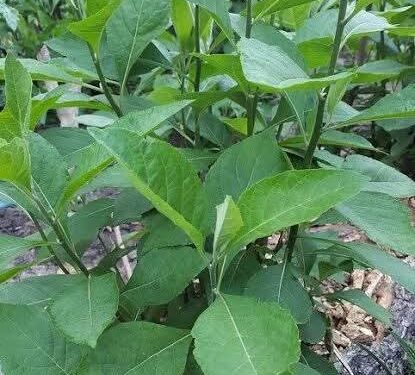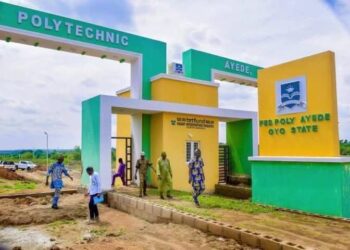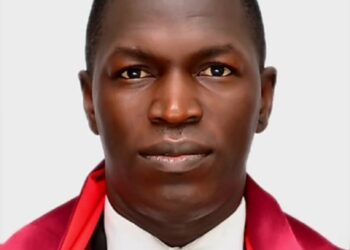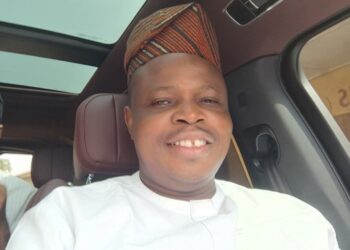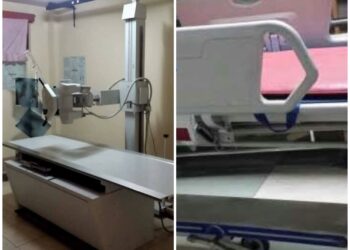By Sunday Ogunkuade.
At the moment, there is growing interest in many parts of Nigeria in what is called traditional medicine, which refers to the use of plants and roots to treat diseases by local practitioners not trained in modern medicine. The importance of traditional medical practices in meeting the health needs of the Nigerian population has been stressed in many studies. For instance, it has been found that traditional medicine enjoys a wider acceptability among the people than modern medicine. This could be due partly to inaccessibility of modern medicine which does not blends readily into the socio-cultural life of the people in whose culture it is deeply rooted. Again, it was the only form of health care available to the people before the advent of modern medicine.

However, despite its importance, traditional medicine has incredibly suffered neglect and non-recognition by the nation’s development planning agencies. This attitude has been considered unrealistic especially when viewed against the enormous health problems of the Nigerian population.The present status of health care delivery in Nigerian is far from been capable of meeting the basic needs of Nigerians.The existing health care delivery system does not meet the ever-increasing health need of Nigerian population due to the high cost of modern health care, especially with its advanceed technology and a high illiterate population.
In addition, traditional medicine constitutes an important source of medical cure for many peoples in the developing nations of the world, especially among those living in the rural areas where modern medical services seldom penetrate. An exposition of the relevance of traditional system is therefore considered very important in the light of the above, especially as the bulk of the population resides in the areas where they make frequent use of indigenous health functioners.
The importance of traditional medical practices to health care delivery system in Nigeria needs no emphasis. In the first place, traditional medicine possesses certain characteristics that make it increasingly relevant in the dispensation of health care in Nigeria. For instance, it is cheaper than modern medicine. The high cost of health is attributable to its high technological base which in many instances may be inappropriate or irrelevant to the immediate needs of Nigerians. Again, the cost of training modern medical practitioners is much higher than for traditional medicine.
In addition, traditional medicine is more readily accessible to a large proportion of the population. For example, it is reported that 60-85% of the population in every country of the developing world relies on traditional medicines. This situation is largely brought about by the shortages of hospitals and modern health services as well as medical and paramedical staff needed to man a modern health care, delivery system. The wider acceptability which traditional medicine enjoys universally especially among the people of developing nations is also attributable to the favourable healing environment of the traditional practitioners. Until very recently many people feel more comfortable in traditional healing environment whereas many consider the hospital environment as strange. Traditional medicine appears to be the only source of health care for many people in rural and urban communities in Nigeria for them “primary health” is synonymous with traditional medicine. Traditional healers play an important role in their communities especially with regard to common ailments and mental disorders. Despite the unquestionable clinical and social relevance of traditional medicine, it nevertheless has been viewed with a degree of skepticism aggravated by the factors that WHO pointed out, namely; (a) the vagueness of traditional practitioners’ diagnosis (b) the laxity of their dosage (c) the undue explosion of non-mental aspects (d) the practice of withcraft and charlatanism (e) their failure to acknowledge limits to their competence.
However, the above mentioned factors should not obscure the evidences that on the whole traditional medicine has been and continue to be a very valuable human resource system, and if restructured as part of a carefully planned strategy of self-reliance and national development could contribute appreciably towards meeting the nation’s health requirements by the year 2030. It seems that the problem to be tackled at this juncture is to determine how to make traditional medicine rapidly self-reliant and fully efficient, upgrade the quality of services provided by the practitioners of this system, give them due recognition as respected member of society and lastly, facilitate their participation in national health programmes.
Sunday Ogunkuade
08036142877
You can get every of our news as soon as they drop on WhatsApp ...To get all news updates, Join our WhatsApp Group (Click Here)

